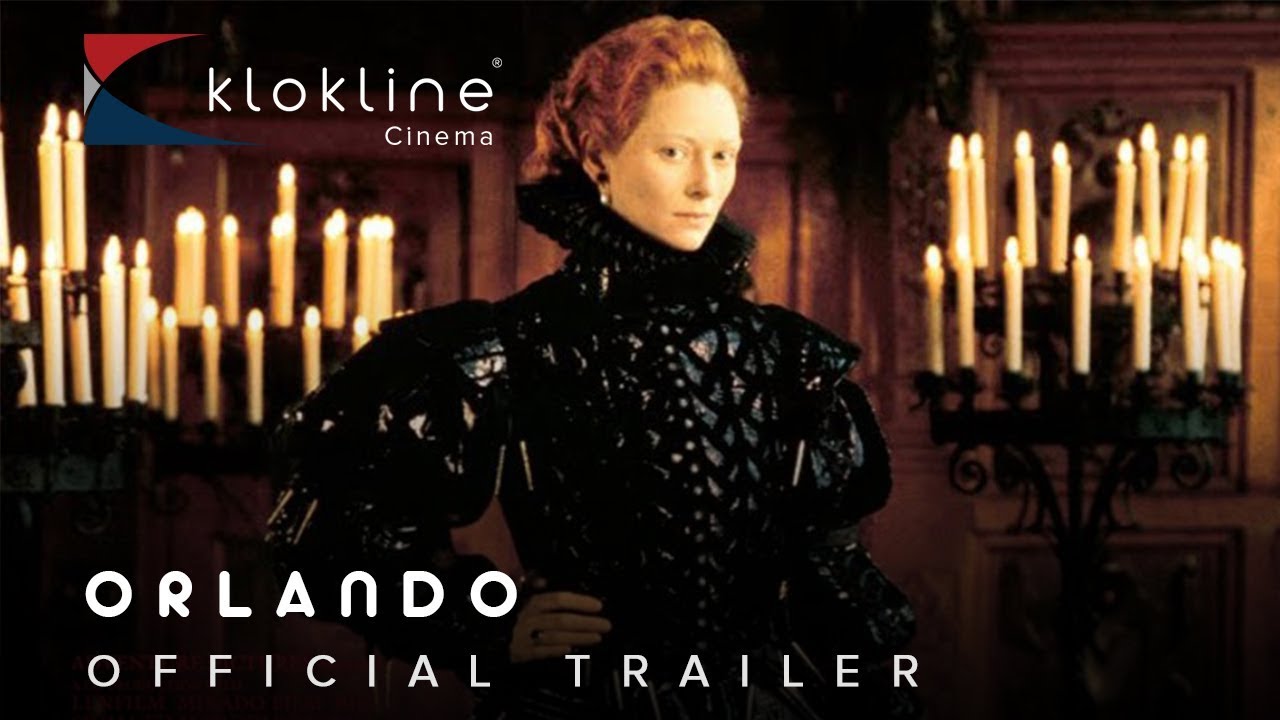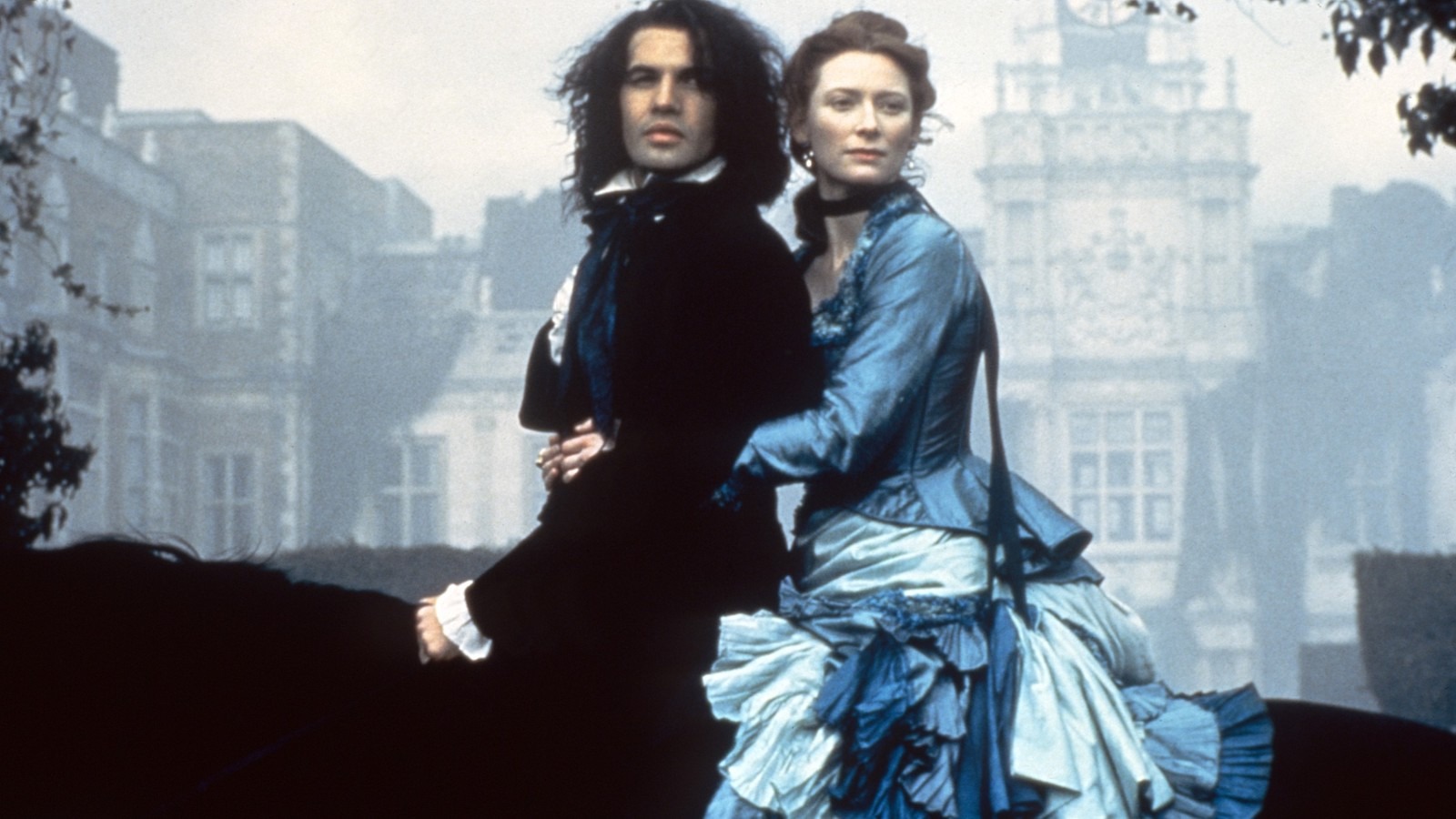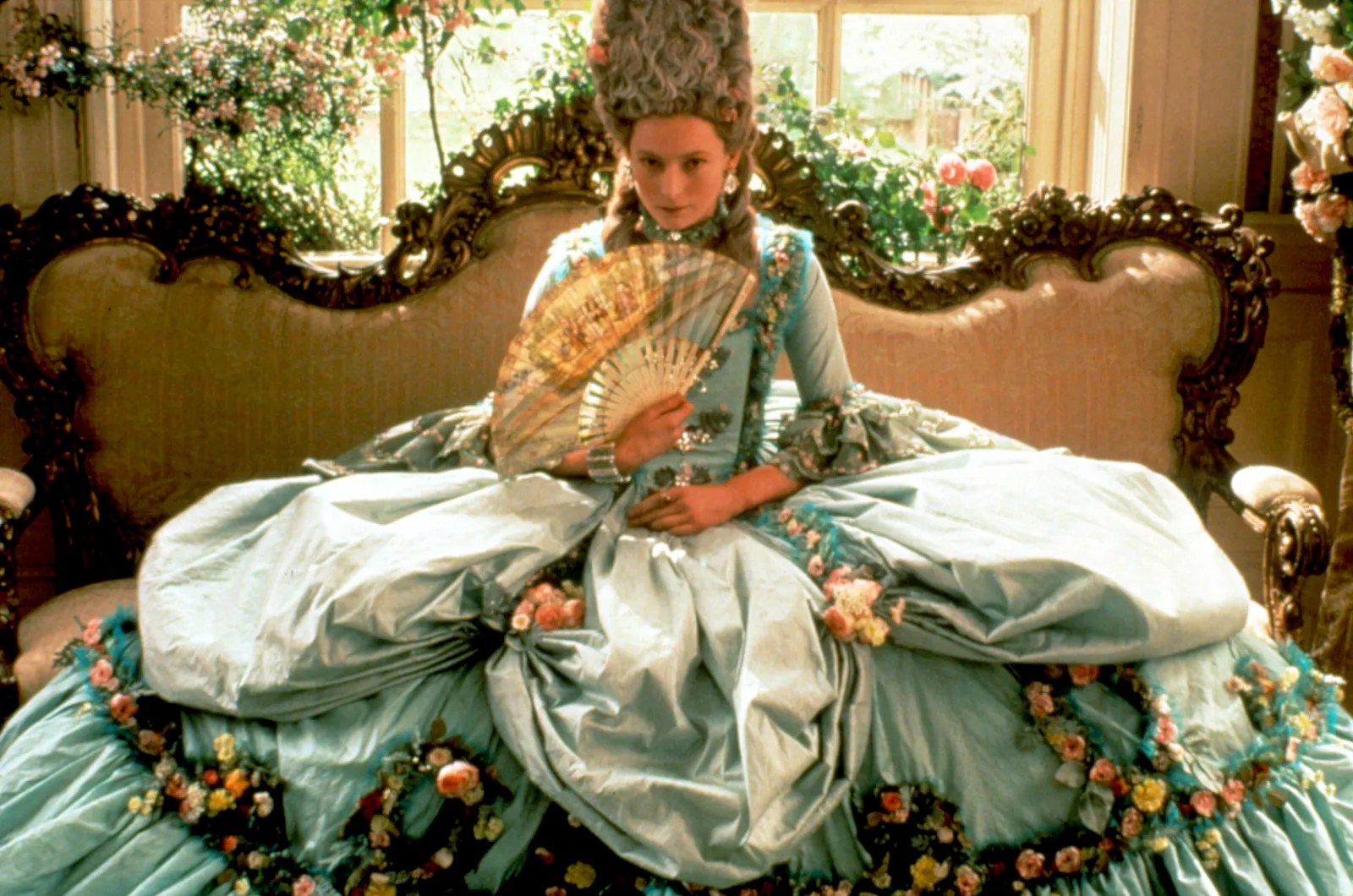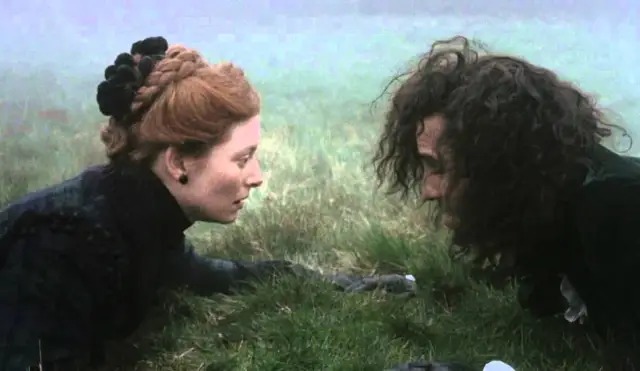Orlando (1992)

Orlando (1992), directed by Sally Potter, is a visually stunning and thought-provoking film based on Virginia Woolf’s novel Orlando: A Biography (1928). The film explores themes of gender, identity, and time through the story of Orlando, a young nobleman who undergoes a miraculous transformation, switching genders and living for centuries. Tilda Swinton stars as Orlando, a character who embodies the fluidity of identity and challenges societal expectations. Alongside Swinton, the film features Billy Zane as Marmaduke Bonthrop Shelmerdine and Quentin Crisp as Queen Elizabeth I, adding layers of complexity to the narrative.
The plot of Orlando follows the protagonist’s extraordinary journey through time, beginning in the 16th century. Orlando is initially a man, a young nobleman in the court of Queen Elizabeth I. However, after a dramatic turn of events, Orlando mysteriously wakes up as a woman in the 18th century, sparking an exploration of gender and self-identity. Tilda Swinton’s performance is mesmerizing, as she portrays Orlando through various stages of life, emphasizing the character’s internal evolution and transformation over time. Swinton’s portrayal is both ethereal and grounded, perfectly capturing the character’s journey of self-discovery.
The film’s exploration of gender identity is a central theme, as Orlando’s transformation forces both the character and the audience to question the rigid boundaries of male and female roles. Orlando’s changing gender offers a unique perspective on the societal expectations placed upon individuals and the fluidity of identity. The film challenges the notion of a fixed self, portraying identity as something malleable and ever-evolving. This theme is underscored by the film’s dreamlike quality, as Orlando moves through history without ever truly aging, symbolizing the timelessness of the search for self-understanding.

Alongside Orlando’s personal journey, the film also examines the cultural and historical shifts that occur over the centuries. Orlando’s life spans several centuries, allowing the film to showcase the changes in society, art, and politics. Through Orlando’s eyes, the audience experiences the evolution of ideas surrounding love, power, and gender. The historical context provides a rich backdrop for Orlando’s experiences, highlighting the contrasts between different time periods and the way these eras shape our understanding of identity.

Billy Zane’s portrayal of Marmaduke Bonthrop Shelmerdine, a lover of Orlando, adds a layer of complexity to the film’s exploration of relationships and self-discovery. Marmaduke represents an idealized form of masculinity that Orlando interacts with throughout the narrative, but their relationship is complicated by Orlando’s transformation. Zane’s performance brings both charm and mystery to the role, contributing to the film’s rich tapestry of characters and their interactions with Orlando. Meanwhile, Quentin Crisp’s portrayal of Queen Elizabeth I offers an unforgettable performance, adding a touch of humor and wisdom to the narrative. His presence emphasizes the fluidity of gender roles, as the queen herself represents a powerful and iconic figure who transcends traditional expectations.

In conclusion, Orlando is a visually captivating and intellectually stimulating film that delves into the complexities of gender, identity, and time. Tilda Swinton’s mesmerizing performance as Orlando anchors the film’s exploration of transformation and self-discovery. Sally Potter’s direction, combined with the historical and cultural layers presented in the film, makes Orlando a timeless exploration of the human experience. The film’s blend of fantasy, historical reflection, and commentary on gender roles offers a unique perspective on identity, making Orlando a remarkable and thought-provoking cinematic experience.











